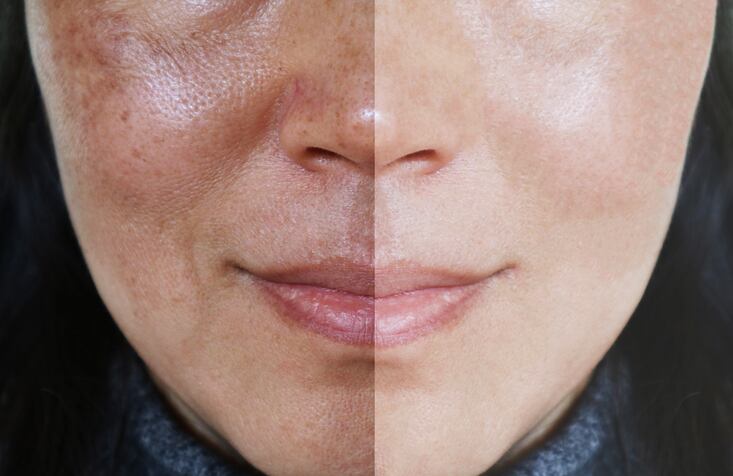The relationships between daily food choices and the human gut microbiome (the ecosystem of bacteria living in human guts) remain largely unexplored, argued researchers from the University of Minnesota.
So they investigated how what we eat affects our gut bacterial composition by taking daily stool samples of 34 healthy humans over a span of 17 days, each day documenting their nutrient intake, with some participants assigned to consume specific foods.
“Microbiome composition depended on multiple days of dietary history and was more strongly associated with food choices than with conventional nutrient profiles, and daily microbial responses to diet were highly personalized,” the authors wrote in their report, published in Cell Host & Microbe.
The lead author was Dan Knights, PhD, an assistant professor in the Department of Computer Science and Engineering at the BioTechnology Institute at the University of Minnesota.
Other researcher affiliations included CoreBiome Inc, a microbiome analysis company, and General Mills’ Bell Institute of Health & Nutrition.
"The microbiome has been linked to a broad range of human conditions, including metabolic disorders, autoimmune diseases, and infections, so there is strong motivation to manipulate the microbiome with diet as a way to influence health," Dr Knights said in a press release about the study.
While many popular diets today have a more general approach such as cutting sugar or fat, "This study suggests that it's more complicated than just looking at dietary components like fiber and sugar,” he added.
“Much more research is needed before we can understand how the full range of nutrients in food affects how the microbiome responds to what we eat."
Eating the same thing over and over again does not stabilize microbiome
Two participants were assigned to consume only meal replacement beverages.
“The inclusion of the shake drinkers in this dataset enabled a unique analysis of microbiome stability and dietary stability and diversity,” they wrote.
What they found was that a stable diet—one that did not have many variations in nutrients, in this case the shake drinkers—was not associated with a stable microbiome.
“Analysis of the shake drinkers’ data further supports the hypothesis that dietary monotony alone is not sufficient to stabilize the microbiome,” the researchers added. “The two shake drinkers were outliers in dietary stability, but they had microbiome stability profiles that were not outliers when compared with other subjects.”
High variability
The researchers reported that the majority of subjects had detectable interactions between daily changes in foods and daily changes in species relative abundance in their microbiome.
However, “very few of these food-microbe interactions were conserved across people,” they wrote.
To test this, the researchers built a computer model to predict for each participant what the next day’s microbiome profile would be using only the current microbiome and recent diet of that particular participant.
When they substituted the model trained for one particular person to another, the prediction failed.
This personalized response might be one reason for the small observed effect sizes of diet in shaping the gut microbiome in population-level studies, they argued.
“In other words, the effect of diet might be much greater than these studies suggest, but if the same foods impact different bacterial populations in an individualized manner, such effects may not be detectable in cross-sectional studies.”
The variability aspect confirms other studies that have found similar outcomes. A study by Weizmann Institute of Science researchers published in 2015, for example, also outlined the prediction of glycemic responses based on the microbiome. Their study is the basis of microbiome-testing kit company DayTwo.
Key for future investigations
According to the researchers, their work provides key methodological insights for future diet-microbiome studies.
It also suggested that food-based interventions seeking to modulate the gut microbiota may need to be tailored to the individual microbiome.
“While conventional nutrient-based analysis of diet alone is inadequate for studying diet-microbiome interaction, we show that statistical information can be shared across related foods to overcome the lack of overlap between the foods eaten by different people,” the researchers added.
“This approach, in combination with longitudinal sampling and multi-day dietary records, revealed personalized diet-microbiome interactions and may be useful in future population-wide studies that aim to determine the exact role of dietary foods in shaping the gut microbiome.”
Source: Cell Host & Microbiome
https://doi.org/10.1016/j.chom.2019.05.005
“Daily Sampling Reveals Personalized Diet-Microbiome Associations in Humans”
Authors: Abigail J. Johnson, et al.




